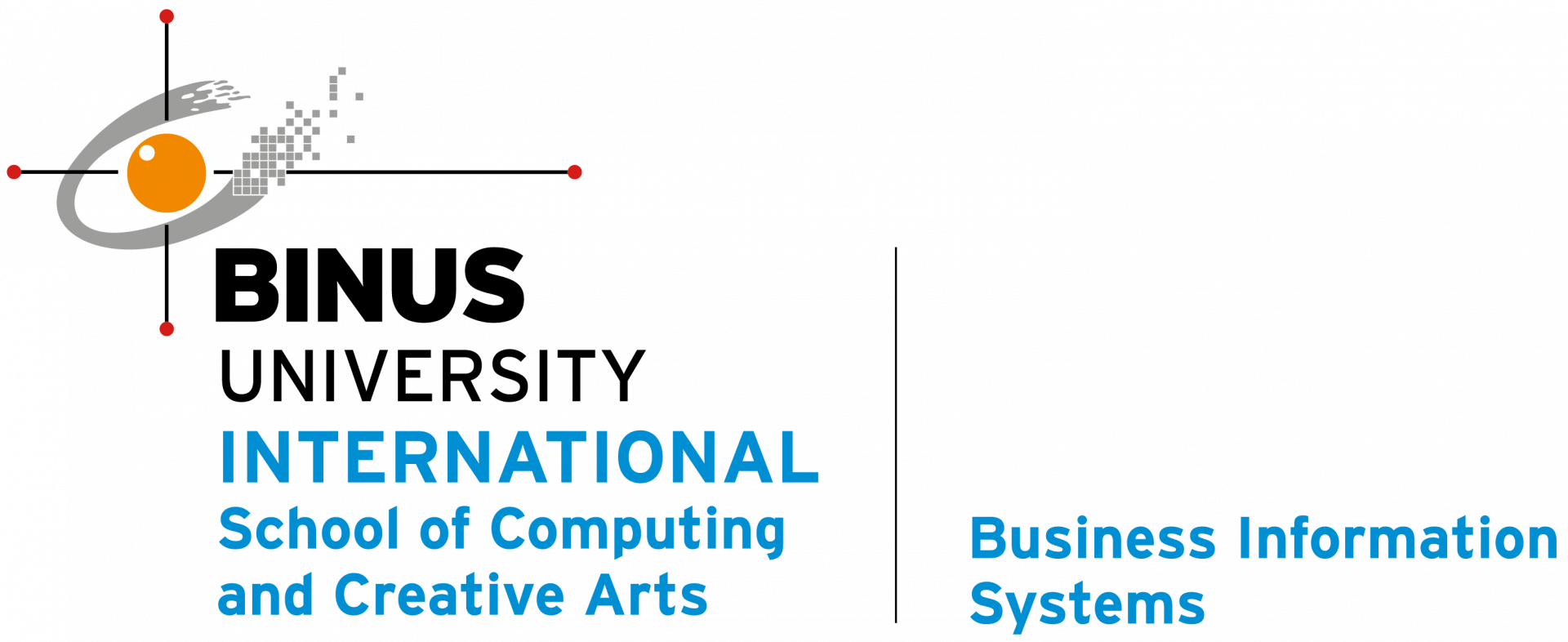Social Media and Its Impact on Digital Culture

Juliet Bianca Soerianto
In a world where social media is mostly used in individuals’ daily lives, they became dependent on social media. Social media functions as a base for individuals’ culture and lives. Cultures have been shaped according to the way people evolve from time to time. Many people may argue that the reason they are dependent on social media is the result of the changes that occur in this modern world. Social media plays a role in shaping a digital culture. An environment where individuals are influenced to be updated at all times and the way they interact with technology leads to a developed digital culture. A culture that is digitally developed will increase the impacts and the way it is impacted on the world. The use of technology in a digital culture will explore and investigate concepts relating mostly to the internet and new media (The University of Sydney, n.d.). Digital culture is impacted in both positive and negative ways. In the present day, social media can be utilized in various ways, such as to spread awareness, for networking, and for business purposes.
Dealing with social media to spread awareness may have both advantages and disadvantages. Spreading awareness through social media increases the number of individuals who will have similar thoughts as the one spreading the information. There will also be an increase in ideologies, new knowledge replacing old knowledge, or an alteration in general knowledge. The appearance of internet and smartphone technologies has provided opportunities and access to individuals by allowing them to freely share their opinions and arguments. This leads individuals to be more social compared to times before they were dependent on social media itself. However, the spread of personal opinions and arguments may lead to a clash of opinions between individuals. This problem accelerates the presence of scandals and various disagreements between groups with different beliefs, values, and mindsets that each individual has.
Social media serves as a platform to enhance networking opportunities. Studies have shown that socializing with people through social media may boost individuals’ self-confidence, build possible careers, meet people with similar interests outside and within their industry, and help them stay updated with current trends. Communication skills are also developed as digital culture implies an idea that emphasizes the way the internet and technology, including social media, and humans interact with each other. The countless technologies that surround individuals in the present influence the interaction between social media and real-life contact between humans and technology. Thus, this enhances the chance for individuals to exchange information on an area of interest and search or explore according to their topic preferences, which leads to networking with individuals with similar areas of interest. Not only will it help individuals develop their knowledge of concepts they adore, but they will also gain further understanding of the field.
Additionally, social media is mostly known and popular among entrepreneurs. Entrepreneurs or individuals who aim to gain profit through the promotion of their services or products might choose social media as a platform to promote what they are selling. The reason is that social media is free of charge. Hence, it is preferred for small business owners or individuals with low budgets to easily create content and gain insights by making use of the platform. On the other hand, depending only on social media for promotion limits the likelihood of obtaining new consumers or engaging with individuals in the market. Social media is capable of either growing a business or lowering the chance of growth. Promotion on social media is limited to what is visible to people. Accordingly, some people may have a short attention span, limiting them to only seeing at a glance.
In a nutshell, in a digital culture where social media has become one of the things people are most dependent on, cultures are shaped according to various societal and environmental conditions. Areas explored here comprise the impact social media has on digital culture, such as the spreading of awareness, networking, and business purposes. Both positive and negative impacts were discussed. The culture in which social media is most applicable and utilized determines the overall impact it has on individuals, groups, and society.
References
Drummond, C., O’Toole, T., & McGrath, H. (2022). Social media resourcing of an entrepreneurial firm network: Collaborative mobilization processes. Journal of Business Research, 145, 171–187. https://doi.org/10.1016/j.jbusres.2022.02.046
Kapoor, K. K., Tamilmani, K., Rana, N. P., Patil, P., Dwivedi, Y. K., & Nerur, S. (2018). Advances in social media research: Past, present and future. Information Systems Frontiers, 20(3), 531–558. Springer.https://doi.org/10.1007/s10796-017-9810-y
Zhang, C., Tang, L., & Liu, Z.-F. (2023). How social media usage affects psychological and subjective well-being: Testing a moderated mediation model. BMC Psychology, 11(1). https://doi.org/10.1186/s40359-023-01311-2

